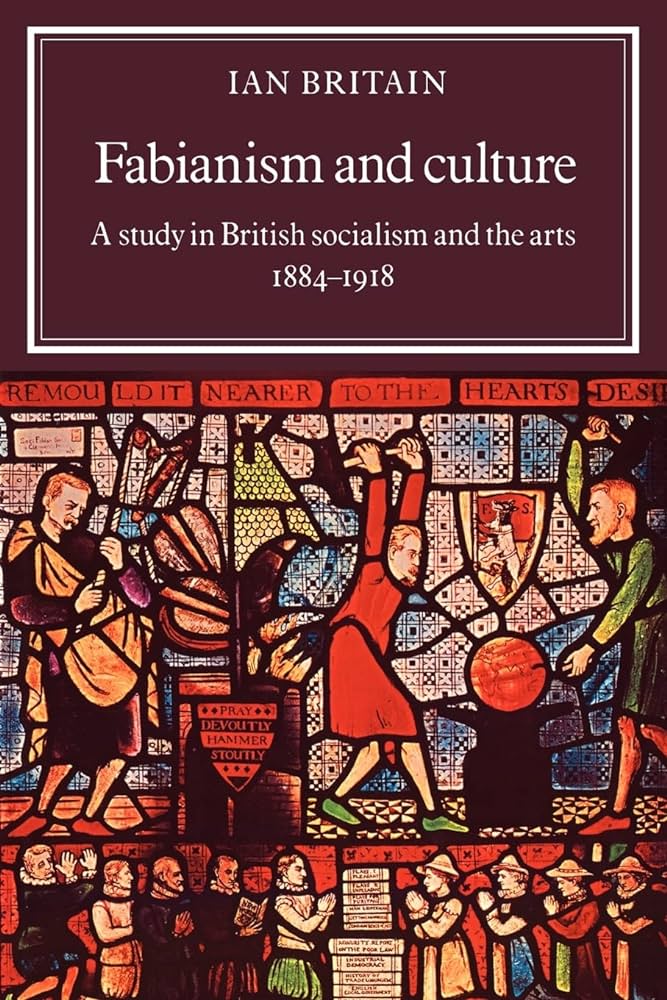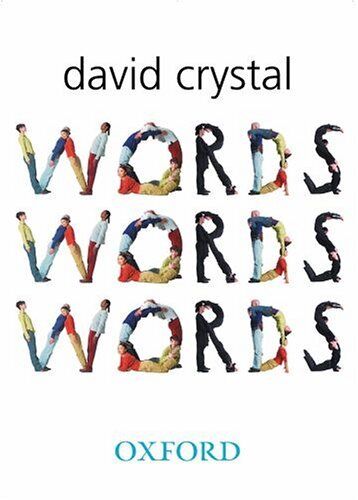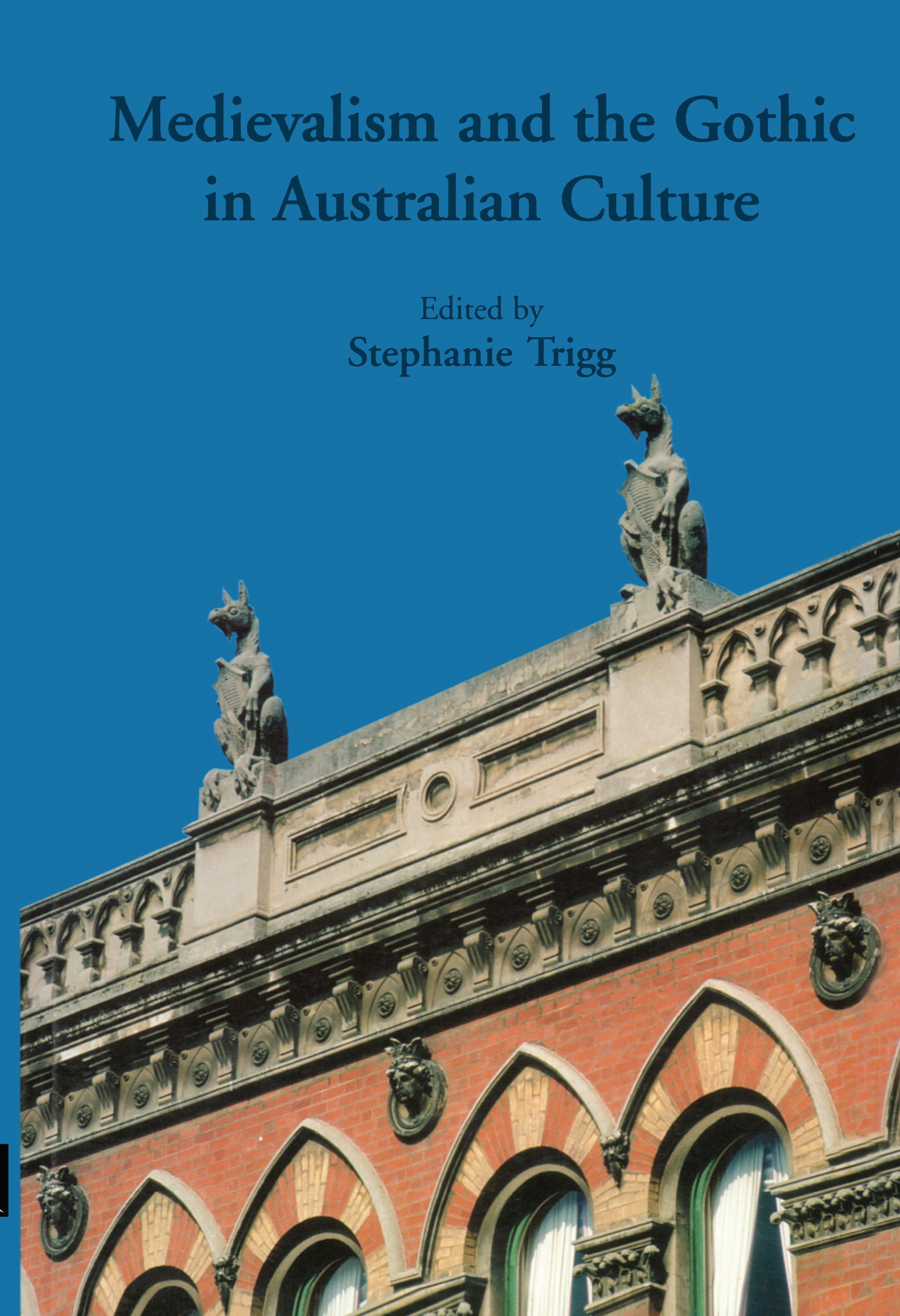Review
Fabianism and Culture: A study in British socialism and the arts 1884–1918 by Ian Britain
by Ian Britain •
Diggerspeak: The language of Australians at war by Amanda Laugesen
by Gary Simes •
Medievalism and the Gothic in Australian Culture by Stephanie Trigg
by Gregory Kratzmann •
Left Bank Waltz: The Australian bookshop in Paris by Elaine Lewis
by Carol Middleton •
Socialist Champion: Portrait of the gentleman as crusader by John Barnes
by Grant Bailey •










